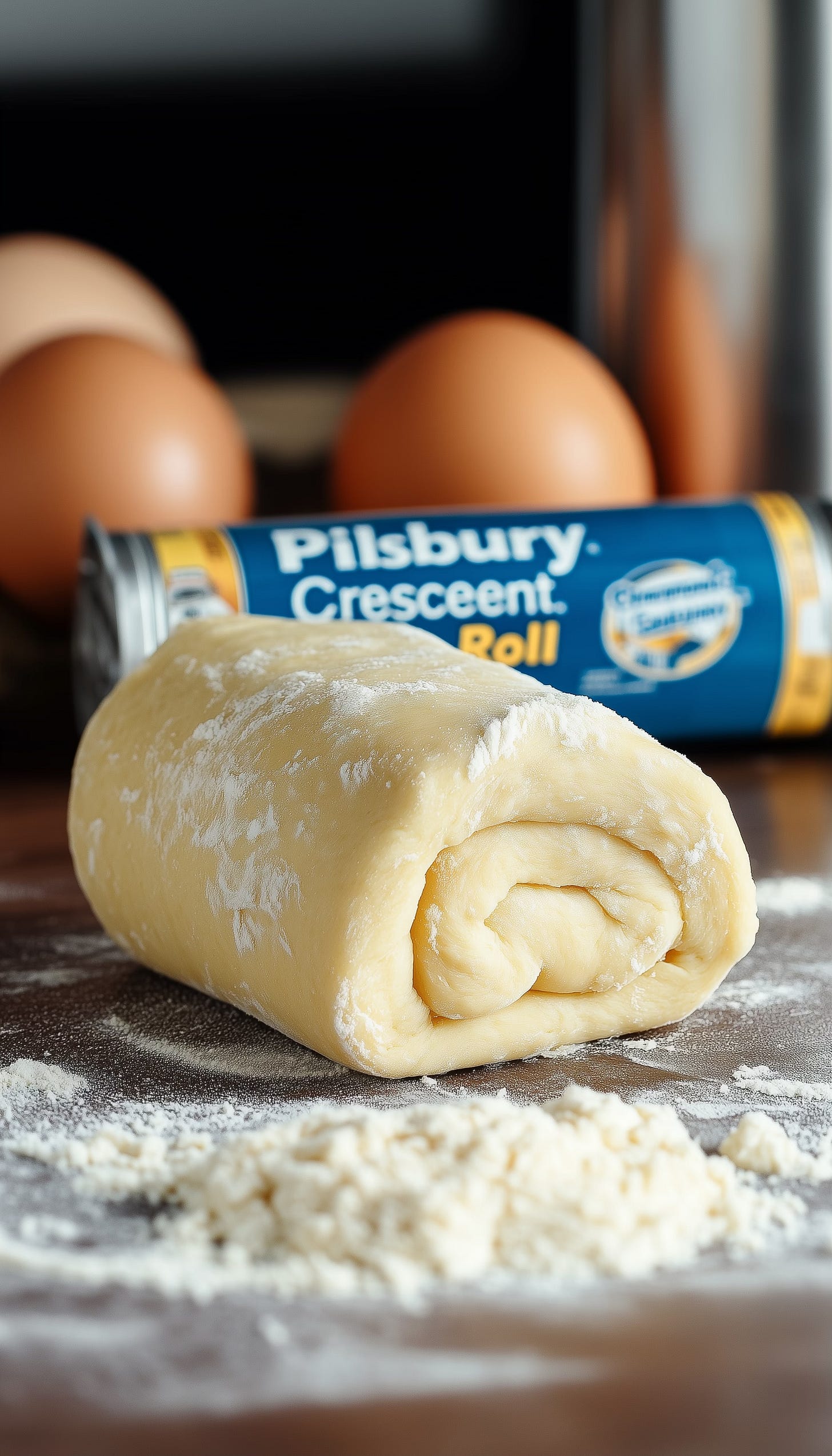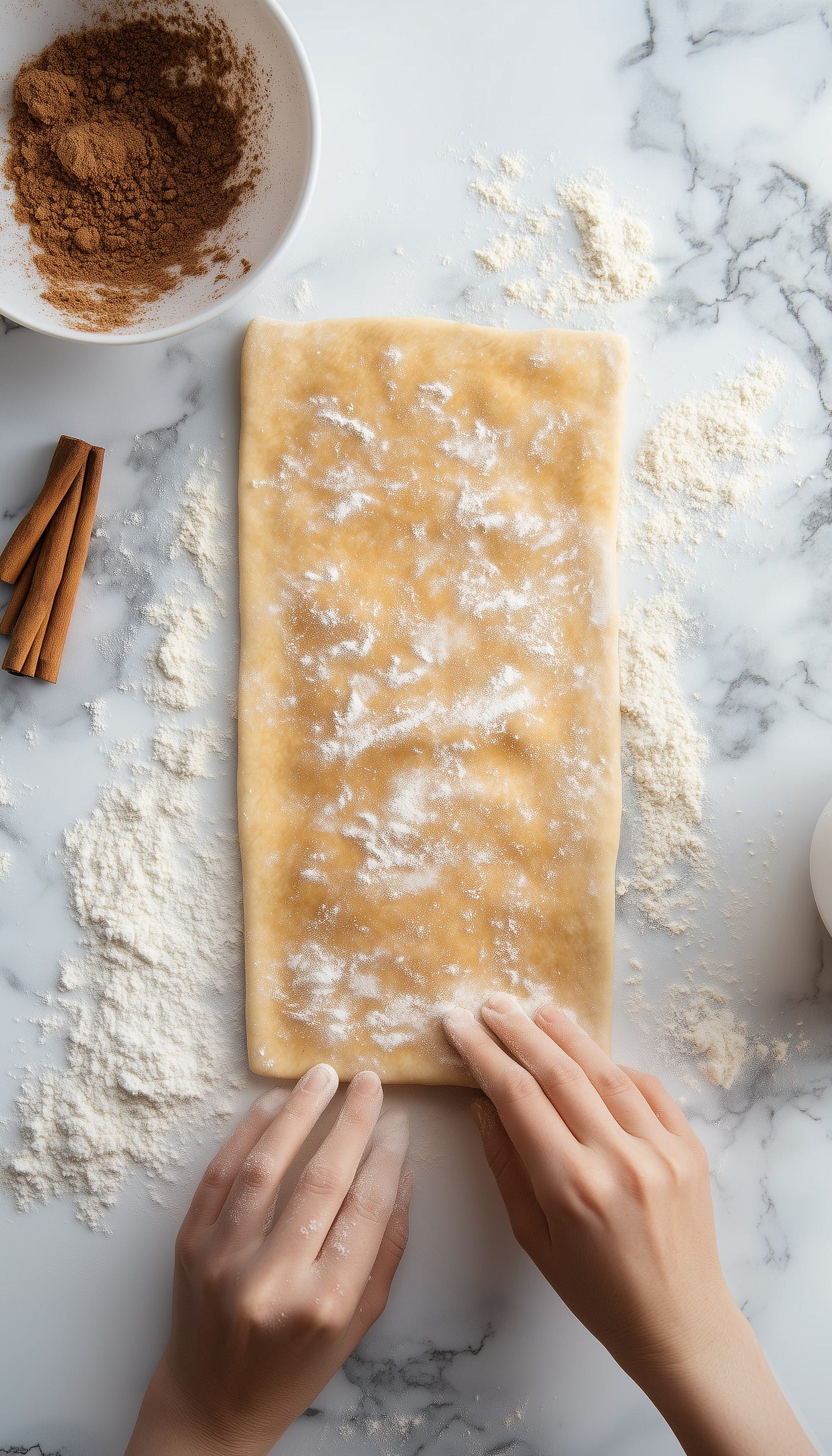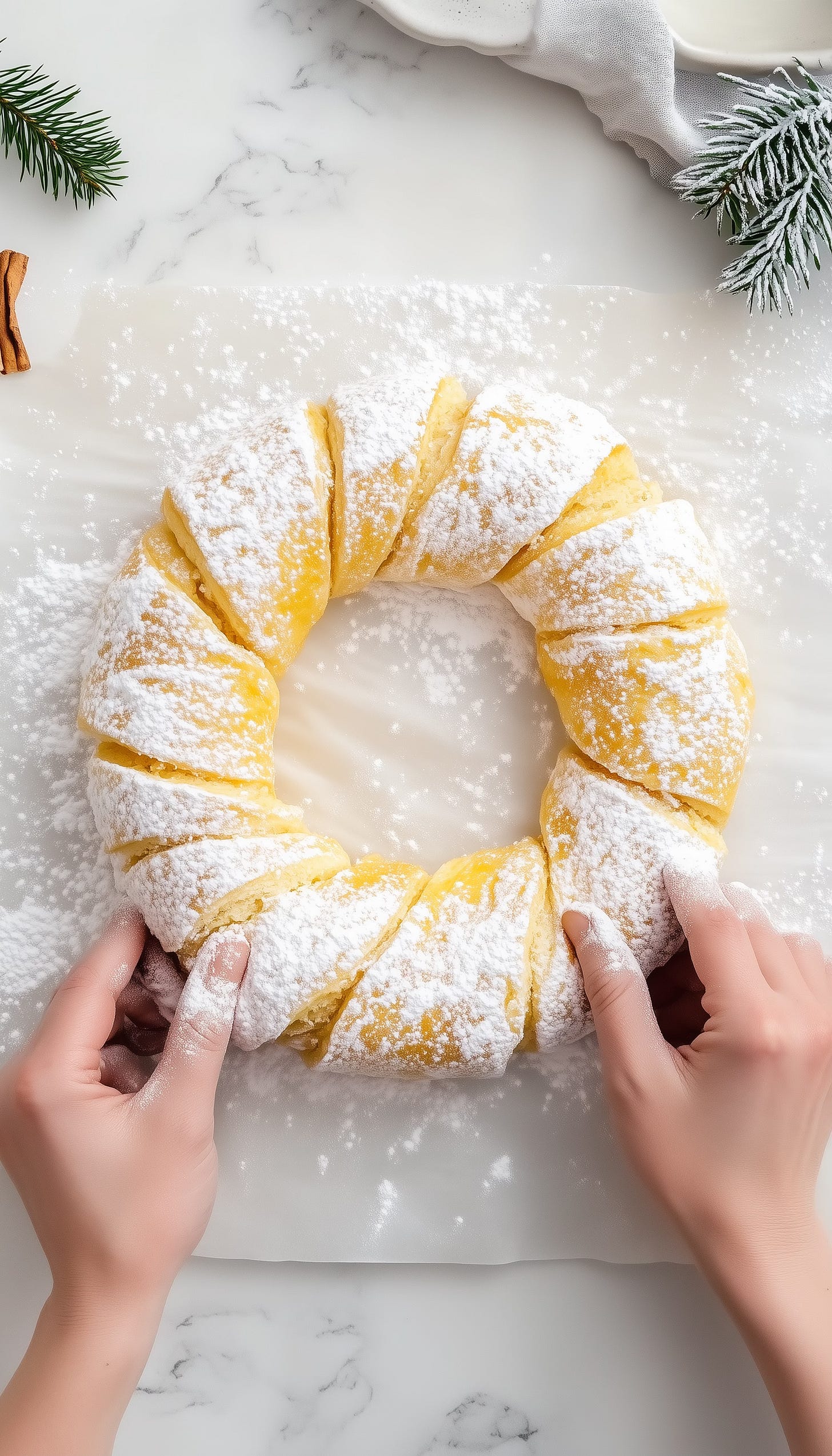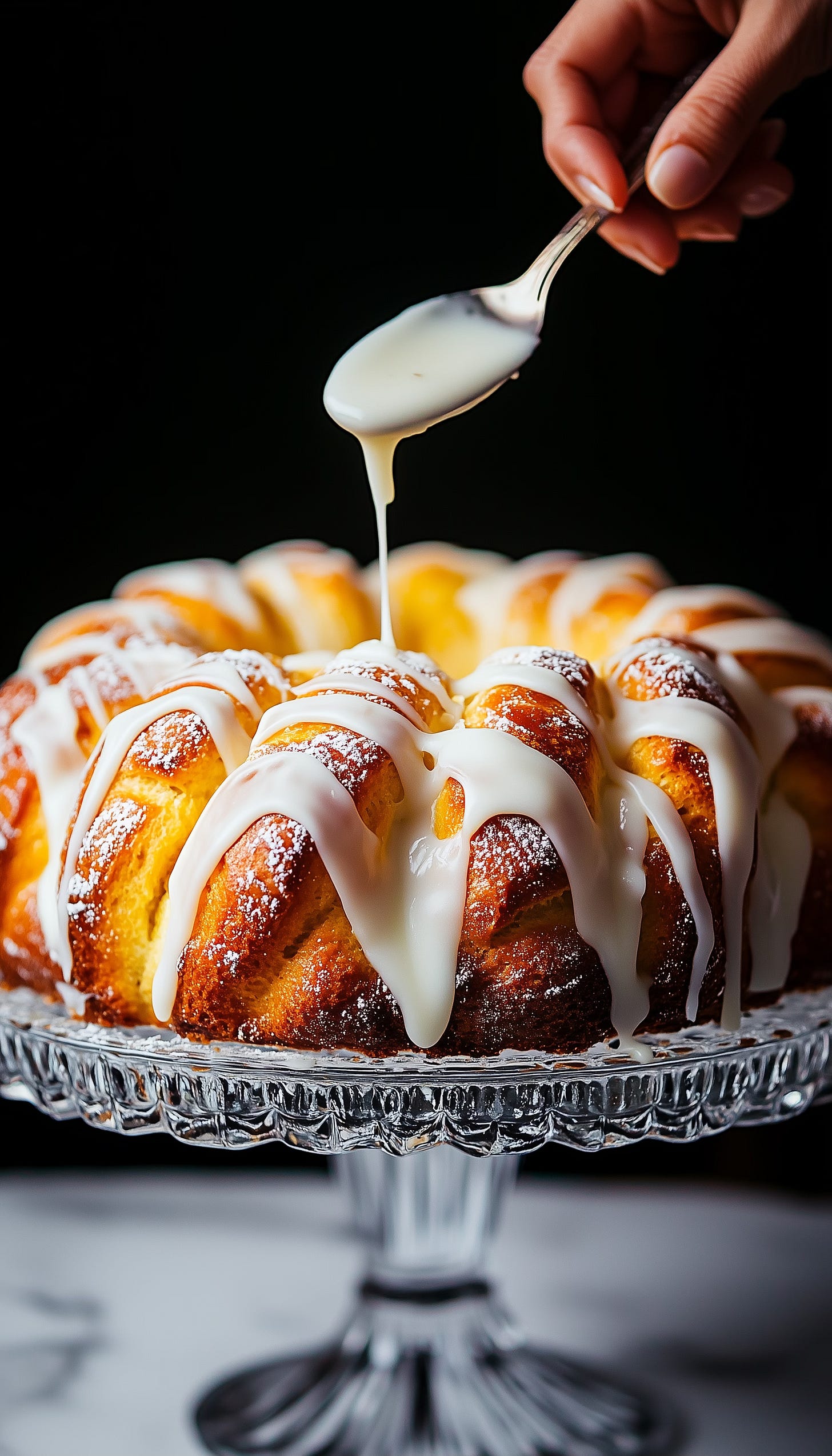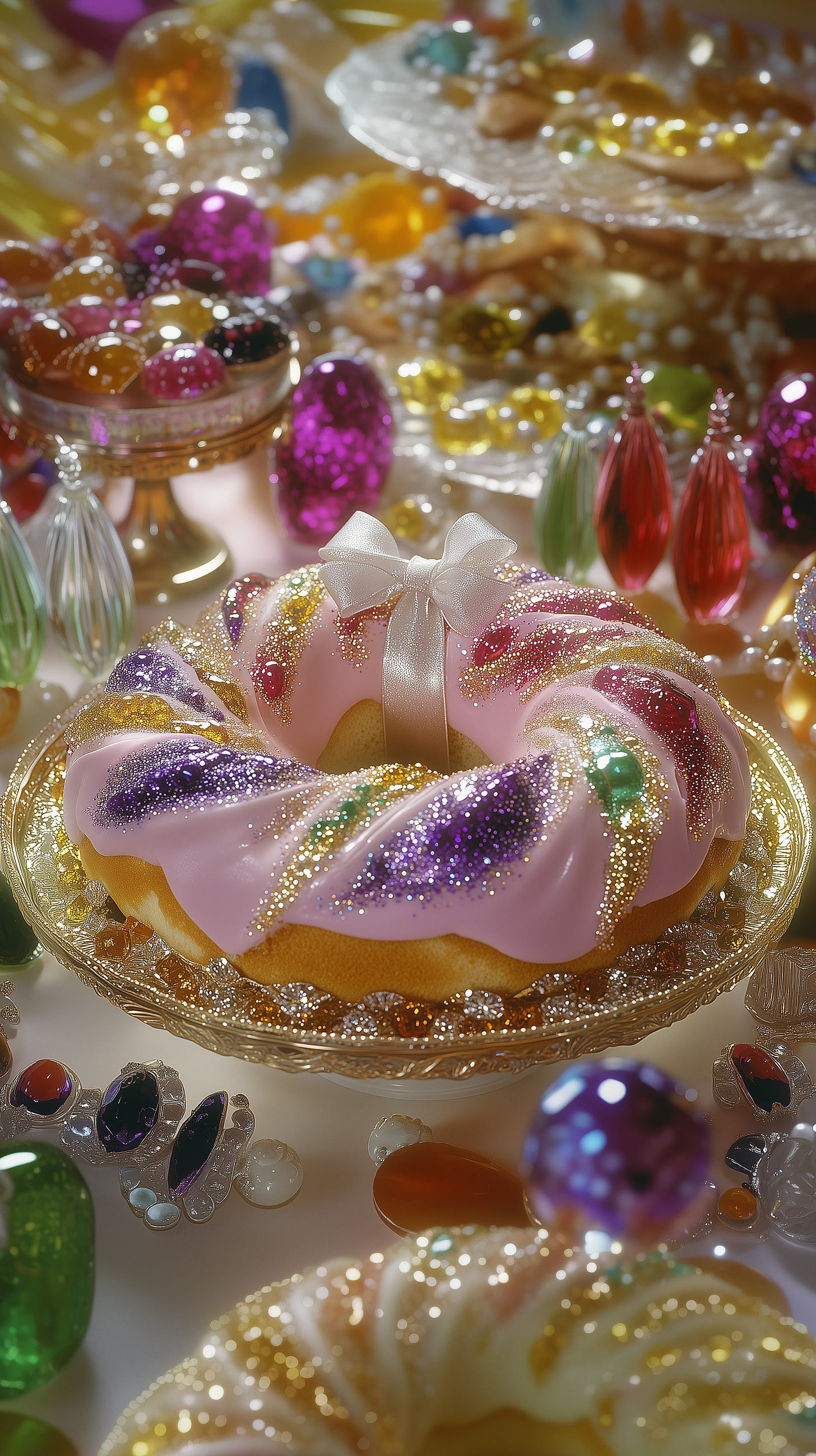The Sweet Tradition of King Cake: Celebrating Epiphany Day
Epiphany Day, celebrated on January 6th, marks the conclusion of the Christmas season and commemorates the visit of the Magi to baby Jesus. One of the most beloved traditions associated with this day is the King Cake, a sweet treat steeped in history, symbolism, and joy. Whether you're familiar with its delicious flavors or intrigued by its mysterious baby figurine, King Cake brings people together to share in its unique magic.
A Thrilling Childhood Memory
In grade school, my first experience with King Cake was unforgettable. At our private school, we ate family-style at tables with a teacher. The teacher served us each a slice of King Cake, and, to my astonishment, I found the tiny baby in my piece! It was made of clay, and I remember the thrill of being crowned and chosen as the line leader for the day. I kept that baby figurine for years—it felt like a good luck charm and a little piece of magic.
The Benefits of King Cake for Epiphany Day
Cultural Origins and Celebration
King Cake dates back to medieval France and Spain, where it was baked to honor the Magi's journey to visit baby Jesus. The tradition was brought to the Americas, where it became a staple of Epiphany celebrations, particularly in Louisiana and other regions with French influence. Sharing King Cake keeps this beautiful history alive and creates opportunities to connect with cultural traditions.Symbolism of the Hidden Baby
The hidden baby symbolizes the Christ child and is a reminder of the joy of discovery and the spirit of giving. Finding the baby often brings the honor of hosting the next celebration or being crowned "king" or "queen" of the day, fostering a sense of community and fun.Joyful Community Bonding
King Cake gatherings are often lively and communal, whether shared among friends, family, or classmates. The shared anticipation of finding the hidden baby creates excitement and laughter, bringing people closer together.Celebrating Good Luck and Fortune
For those lucky enough to find the baby, the moment is often thrilling. It’s a symbol of luck, fortune, and, in some traditions, responsibility. This ritual can instill a sense of gratitude and excitement for the year ahead.The Sweet Taste of Tradition
Beyond the symbolism, King Cake is simply delicious! Its soft, sweet dough, cinnamon-sugar filling, and festive decorations make it a treat for the senses. Adding personal touches like chopped apples or sprinkles makes it even more special.
Easy King Cake Recipe
Ingredients:
1 batch of sweet dough (store-bought or homemade)
1/2 cup butter, softened
1/2 cup sugar
2 tablespoons ground cinnamon
Optional: 1/2 cup chopped apple
For the Glaze and Decoration:
1 cup powdered sugar
2 tablespoons milk
1 teaspoon vanilla extract
Purple, green, and gold sugar or sprinkles
Instructions:
Roll out the sweet dough into a rectangle.
Cut the dough in half lengthwise and spread butter over both pieces.
Sprinkle with cinnamon and sugar, adding chopped apple if desired.
Twist the two pieces together and form a ring, pinching the ends to seal.
Hide a small, oven-safe baby figurine inside the dough, or you can add it after baking.
Bake at 350°F (175°C) for 25–30 minutes, or until golden brown.
Mix powdered sugar, milk, and vanilla to make a glaze, then drizzle it over the cake.
Decorate with festive sugars and sprinkles.
A Sweet Reminder of Luck and Love
King Cake is more than a dessert—it's a tradition that connects us to history, faith, and each other. Whether you're celebrating Epiphany or simply enjoying the joy of sharing a treat with loved ones, King Cake reminds us of the thrill of discovery and the sweetness of togetherness.
Watch the video tutorial to learn how to make your own King Cake!
Who will find the baby in your King Cake this year? 🎭





